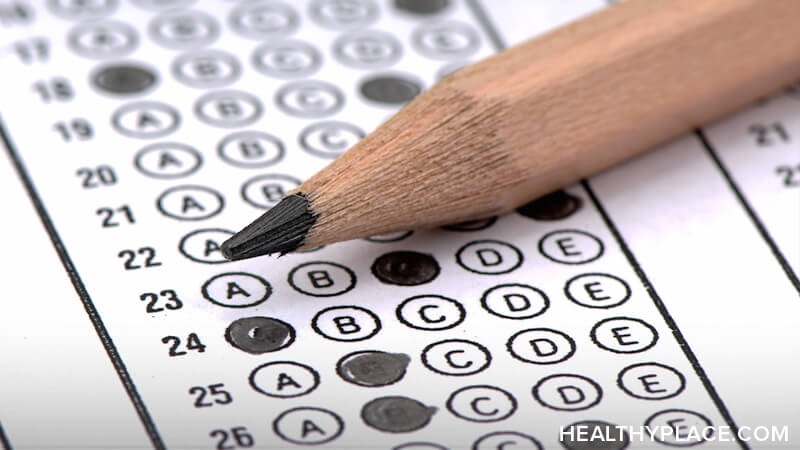On Oct. 3, the Law School Admission Council announced a plan to digitalize the LSAT law school aptitude test experience by transitioning from the standard pencil-and-paper format to a Samsung tablet approach.
The LSAT is the final graduate admissions exam to go digital — the Medical College Admission Test and Graduate Management Admission Test have already made the switch. The transition, which will begin in July of 2019, will mark the biggest change in LSAT test-taking in over 30 years.
According to Kaplan Test Prep’s Executive Director of Pre-Law Jeff Thomas the new approach “shouldn’t scare students — it’s just a shift. Students will be presented with the same content, which will appear in the same format.”
Cynthia Rodriguez, a senior pre-law student from Earl Warren College, expressed concerns over the possibility of technological complications.
“The change is exciting, but as with all things that go virtual or digital, there’s always room for error,” Rodriguez said. “Typing is more efficient than using a pencil, but if the system goes down or if there is a security breach, everyone would likely have to start over.”
Other students expressed similar reservations.
“I like the idea of a pencil and paper better. It’s what I’m comfortable with — plus, I’m wary of technology error. Not much can go wrong when you’re using just a pen or pencil,” Christine Lee, a senior pre-law student from Roger Revelle College, told the Guardian.
Although switching to an electronic platform always presents the possibility of hacking, Thomas is not concerned about cheating.
“There will be extremely rigid measures against cheating in place,” Thomas said. “Tablets will be controlled by a centralized computer that will send and retract content as needed. Once a student leaves the room, the testing content will become inaccessible.”
The final exam that will use the standard pencil and paper format will be administered in June 2019, after which the Samsung tablets will be integrated into the testing process, with the occasional pencil and paper test.
Another change resulting from the transition to the tablets is that students will no longer be able to cancel their scores after taking the exam, with the exception of those sitting for the test in July when it is first administered digitally. Currently, students are able to cancel their scores in the six calendar days following the LSAT.
Despite Thomas’s assurances to test-takers that the transition should not be daunting, Kaplan’s official statement advised“Because there is always some uncertainty with a test change of this magnitude, our advice is to make every reasonable effort to test by June 2019, but no later than July 2019.”
Though the change in testing protocol may seem imposing to test-takers at first, Kaplan representatives believe that the new format will “allow for a more consistent test-taking experience for students and should allow scores to be in students’ hands faster, which are both positive developments.”
photo from HealthyPlace.com








